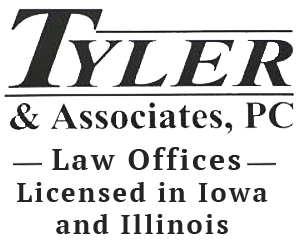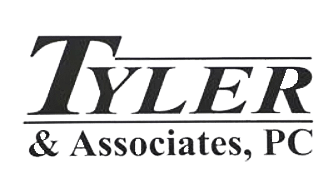Working in the health care industry can be rewarding, but it can also be painful. One of the duties of many health care workers is to reposition or transfer patients who are often unable to provide any assistance in the lifting process. Lifting a sleeping, unconscious or weak patient can mean pain in the shoulders, back and neck.
Are injuries involving handling patients common?
Yes, they are far too common. According to information from the Occupational Safety and Health Administration (OSHA), health care workers are over seven times more likely to suffer from musculoskeletal disorders (MSDs) than those who work in other industries. This includes people who work in industries where lifting heavy objects is commonplace, such as construction and freight.
What work activities put me most at risk for MSDs?
Anytime you have to move a patient, the risk is there. However, OSHA specifically identified the following activities as having a high risk of causing injury:
- Lifting a patient in bed
- Repositioning a patient in a chair
- Making a bed with a patient in it
- Transferring a patient from bathtub to chair
- Repositioning a patient from side to side in bed
- Transferring a patient from toilet to chair
- Transferring a patient from chair to bed
OSHA says that these injuries are on the rise due to the increasing numbers of elderly patients who need assistance in day-to-day activities and to the obesity epidemic.
I have to handle patients as part of my job! How am I supposed to prevent these injuries?
There are devices available to help with the lifting, repositioning and transferring of patients, but such a device might not be available where you work. In the absence of mechanical devices, you have the right to request training and other safety equipment to help you avoid injury if your employer does not already provide it. Even so, no matter how careful you are, nor how much support you receive from your employer, accidents happen.
The difficulty with neck, shoulder and back injuries is that they might not seem as bad at first. A tug here or a pull there might not alarm you, but the more often you exert or overexert, the worse an injury can become. Working in the health care industry, you are more than likely aware that the pain will probably be worse the day after the injury.
Anytime you think that you have suffered an injury, you should report it right away. You are entitled to workers’ compensation benefits, such as your medical expenses, lost wages and others, depending on how severe your injuries are. The process can be frustrating and daunting and could add stress that you do not need during your recovery. It would be in your best interests to contact an attorney as soon as possible to relieve you of that burden and advocate on your behalf to help you get all of the benefits to which you are entitled.

